The coffee bush that concealed the forest #1
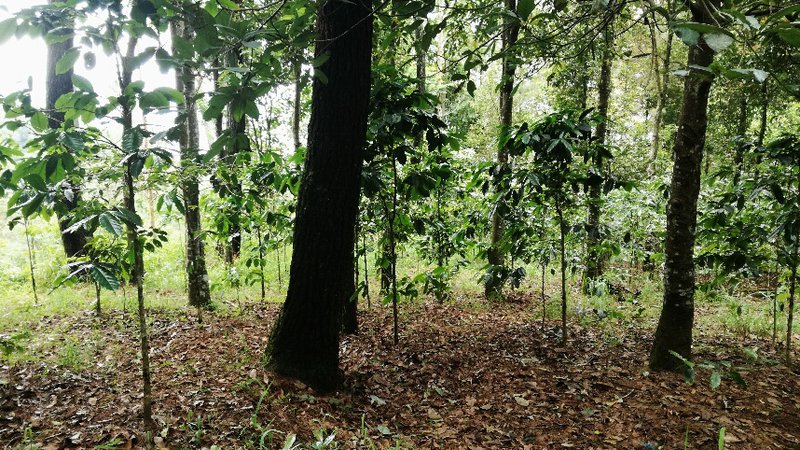
We start our Indonesian adventure in Western Java, Mount Puntang, region of Bandung.
Bandung is a very appreciated destination for local tourism and is also known for its arabica coffee production. The city is much smaller than Jakarta but is experiencing the same proliferation of coffee shops all over the city. While we expected to be served instant coffee, we've actually found different places to enjoy our morning americano. That was a good surprise!
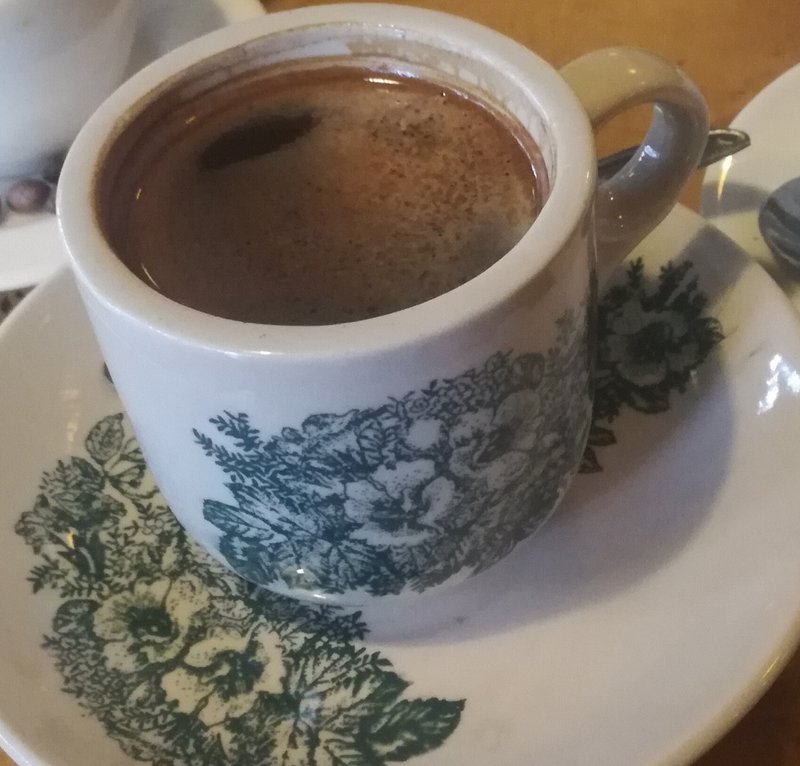
After hanging around for a few hours, we're picked up by Uden, the quality control manager of Klasik Beans cooperative, to go on site in Mount Puntang.
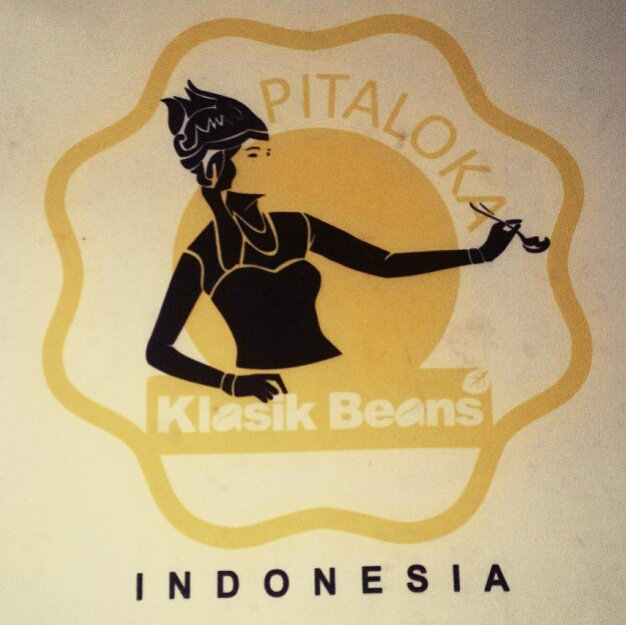
As soon as we arrive, we're meeting Eko, the founder and director of Klasik Beans. After a warm welcoming and a quick introduction, we're heading right to the coffee plantation with Megan, the superman of the coffee agronomy, Uden and a bench of young local coffee roasters and baristas that came on visit from Jakarta these days.
As we're entering into what looks like a pine forest reserve, Megan starts pointing the coffee trees surrounding us.
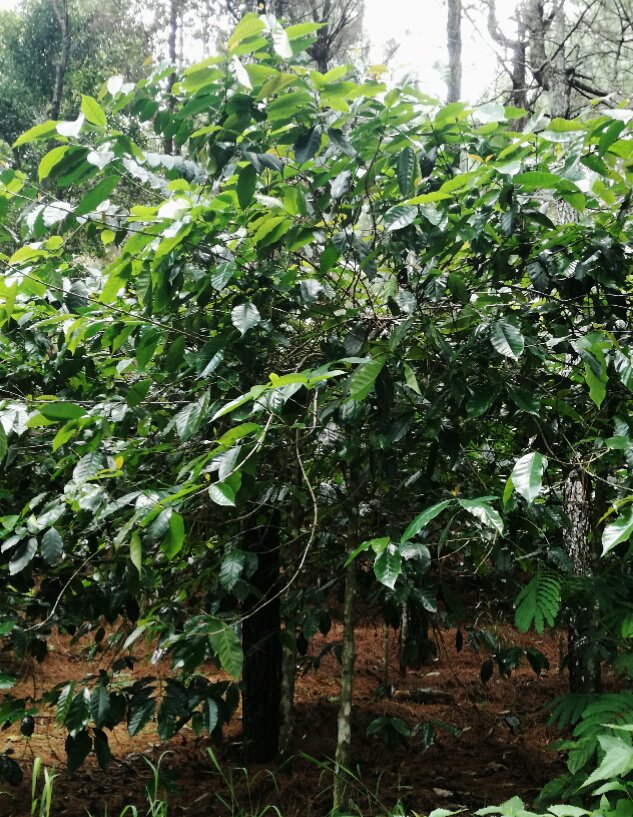
Soon we stop the jeep and follow climbing up to see one of the coffee farm. Deeper into the forest, we can see coffee trees of different species and variety along the way: a couple of robusta trees at the beginning of the trail and, as we're getting higher, Megan shows a tree of Catimor - this famous cross between arabica and robusta lines - Caturra, Typica and other names of local varieties I've never heard about before.
Most of the trees are incredibly well shaped and bushy with big leaves and big cherries.
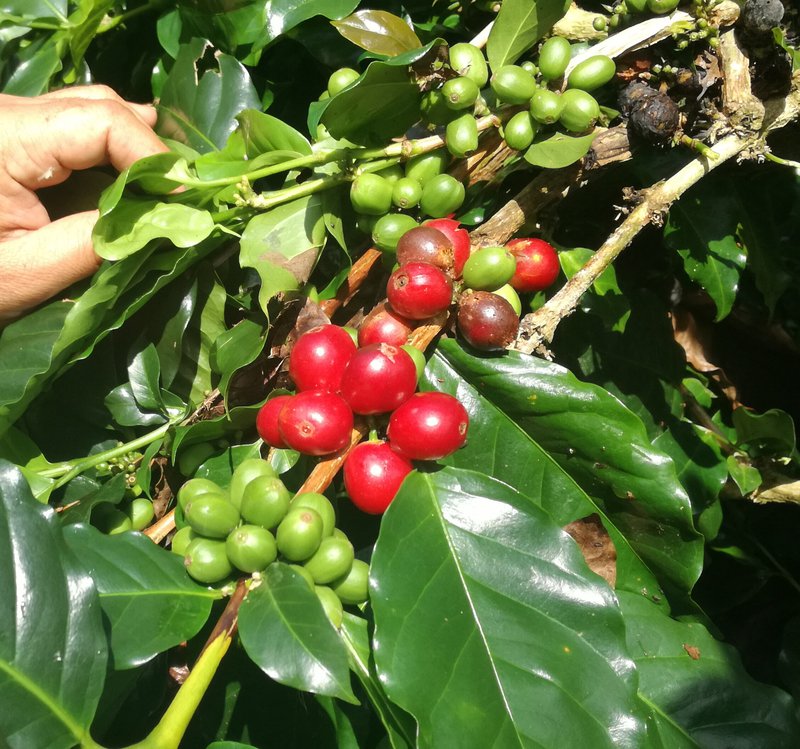
A bit upper in the forest, coffee trees are growing in terrace. It's long and fastidious to build these latters but it highly facilitates the harvest and farm management on mountain slopes.
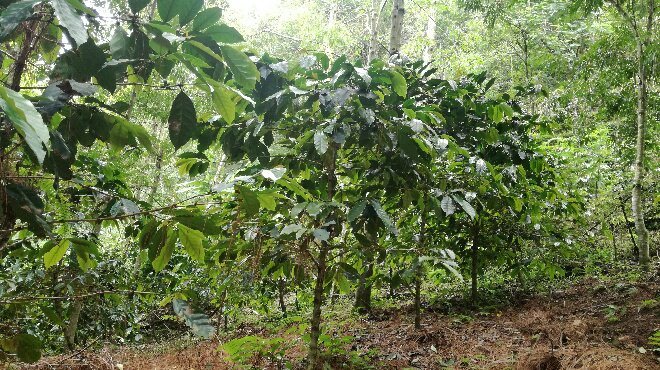
The fact that the coffee there is actually growing under the shade of a pine-tree forest really strikes me at that point and starts breaking the vision I had of intensive coffee farming in Indonesia. What we find here instead is: coffee and agroforestry!
Was the coffee naturally present in this forest? I'll have my answers to that but only after a quick and very instructive workshop with Megan on the basics of coffee pruning (I never imagined that it was necessary to cut so much to get a better yield!!) and... our very first Kopi Tubruk of the journey (cf. article on this tradition here).
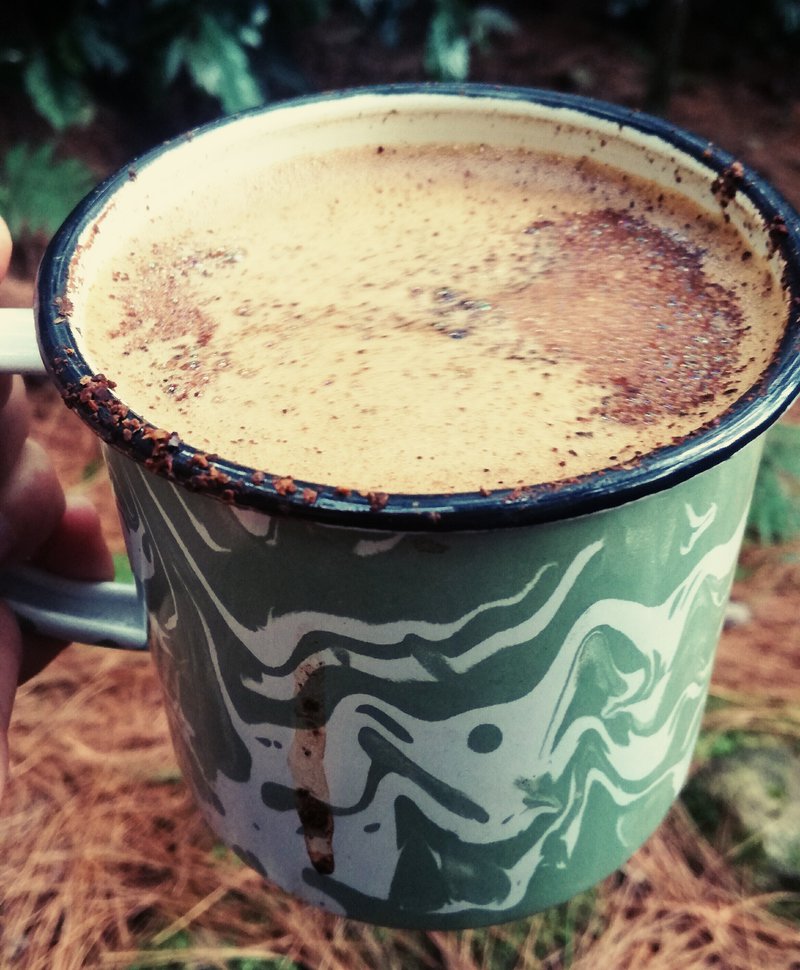
Then come the time to go back to the cooperative to get the chance to participate to a blind cupping of coffees from different varieties and islands where Klasik Beans operates: Bandung (Java), Batuk (Bali), Sulawesi, Flores...
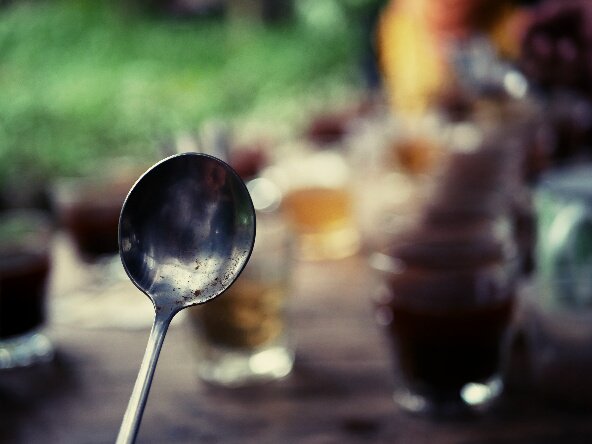
A first introduction to the wide diversity of flavours and profiles that this archipel has to offer.
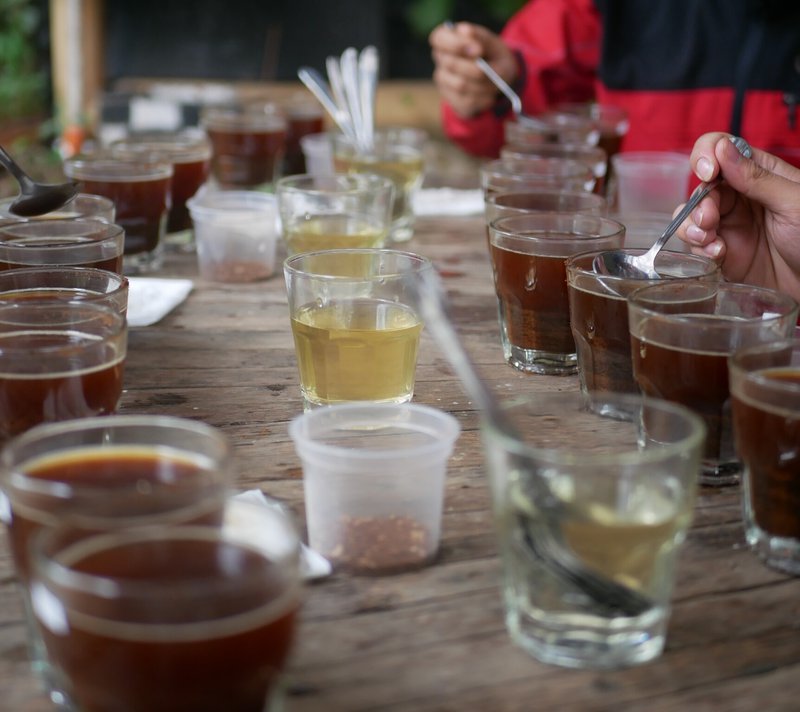
After spending three days in the cooperative with the rest of the team - Eko, Uden, Imas, Megan... We have finally come to understand that for Klasik Beans, coffee is not an end in itself. It's a way to work with people to serve a higher purpose: protecting and preserving the forest, living and working in such a way as to respect and benefit from what the nature is giving.
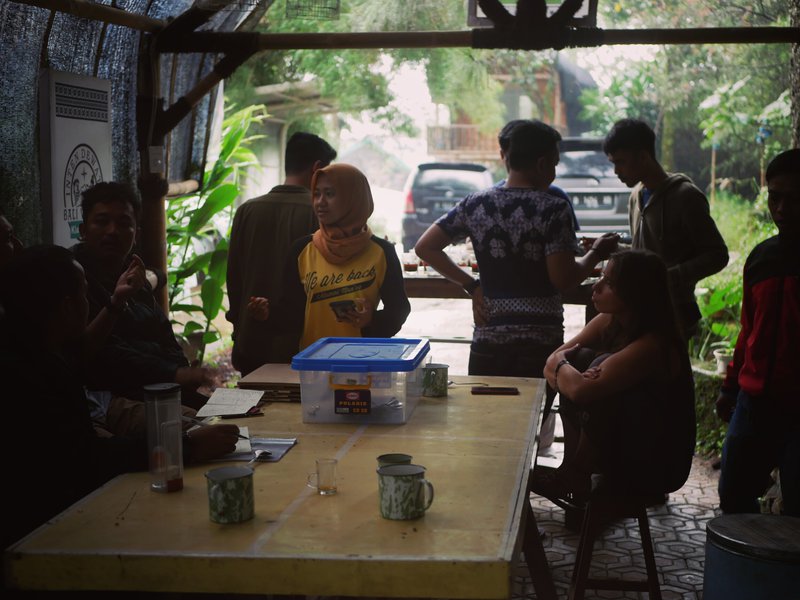
As we have heard in other occasions, coffee farming can serve to keep people busy. If the product is well valued, people will be willing to produce coffee to earn money and to live in good conditions. They won't cut pines trees to sell them for construction or to grow crops that cannot bear the shade of these trees.
Coffee was not naturally present in this forest. It was introduced to preserve it.
But convincing farmers to invest into coffee and guiding them to work sustainably is not something that happened overnight.
It took 10 years for Klasik Beans to manage to gather people, to provide training about organic farm management, harvesting, process (washed, natural, honey).
They have also improved the basic facilities (fermentation tanks, drying tables, green houses, nursery...) and integrated them into their natural ecosystem.
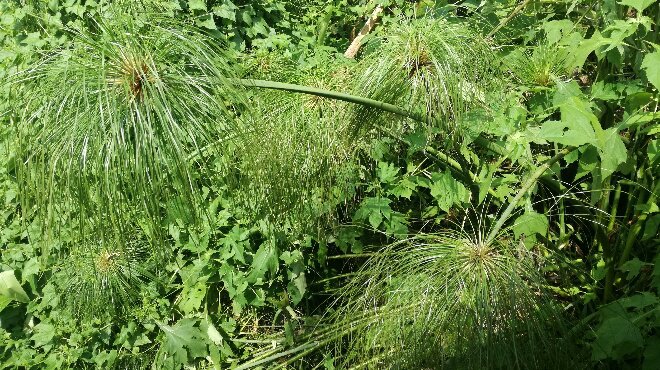
So they're using the endemic bamboo for the construction, papyrus and other native plants for water filtration, they're making their own natural composts with coffee cherry pulp...
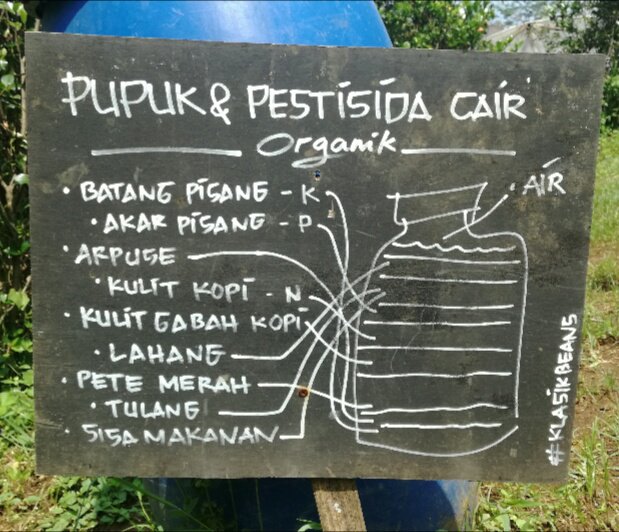
It took time but these efforts seem to bear fruits.
Today in Mount Puntang, more than 1,500 small scaled farmers members of the cooperative have increased their standard to high quality coffee and have reached a new market at the national and international levels. A model that seems to work and is expanding to other islands: North Sumatra, Sulawesi, Papua, Flores and Bali where coffee grows under mandarine orange trees...
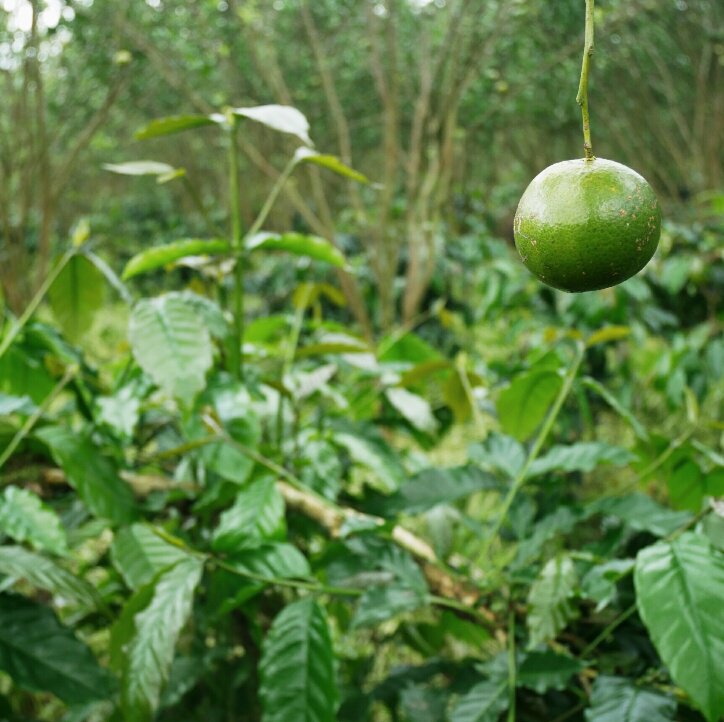

 Indonesia
Indonesia Colombia
Colombia Ethiopia
Ethiopia Guatemala
Guatemala Kenya
Kenya Mexico
Mexico Philippines
Philippines Tanzania
Tanzania Uganda
Uganda